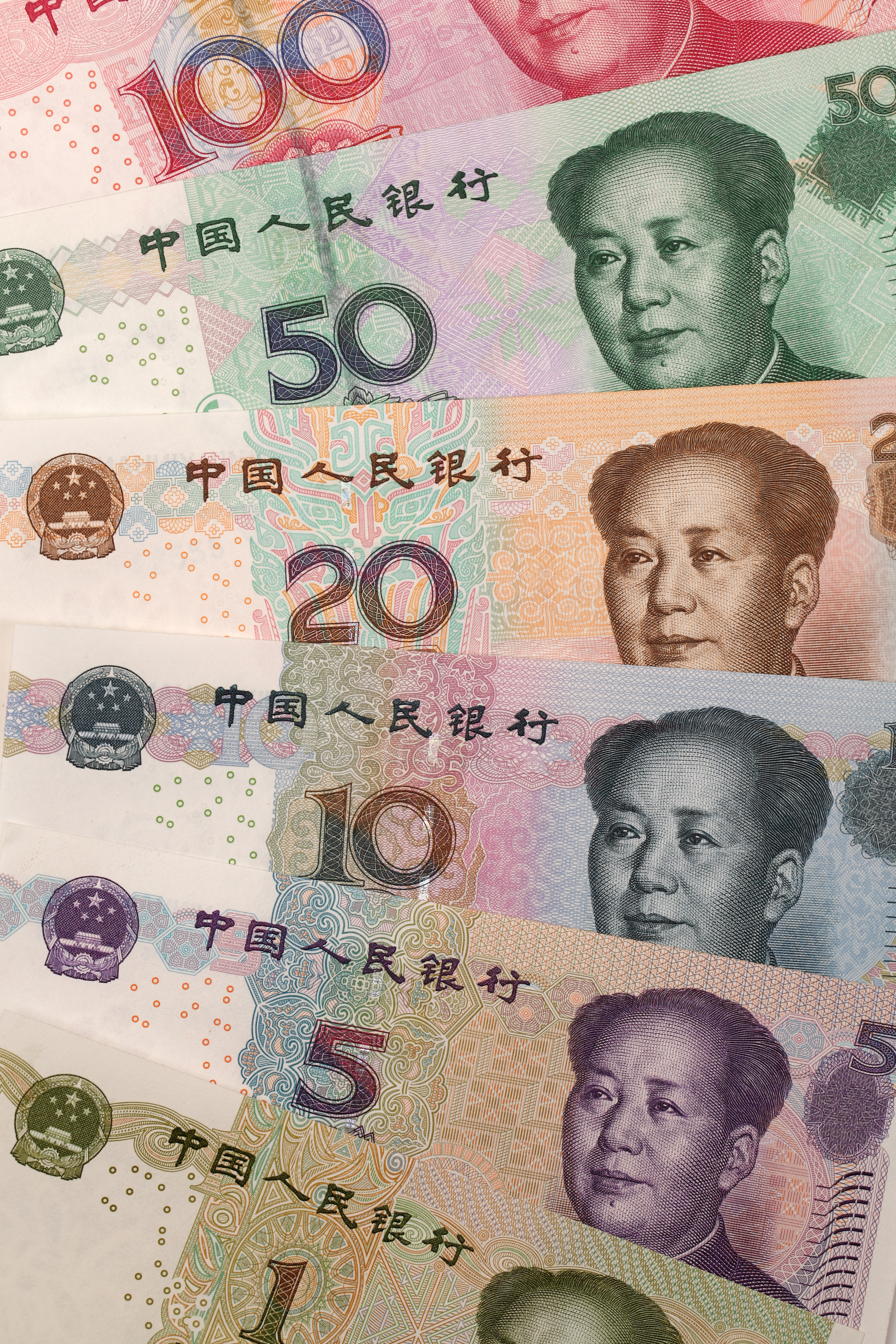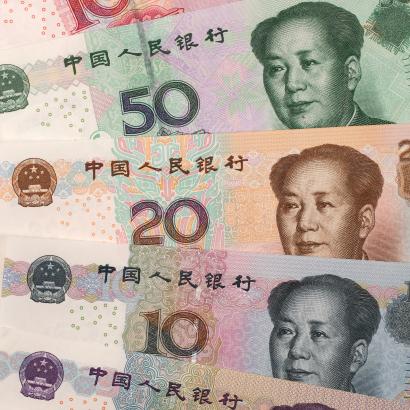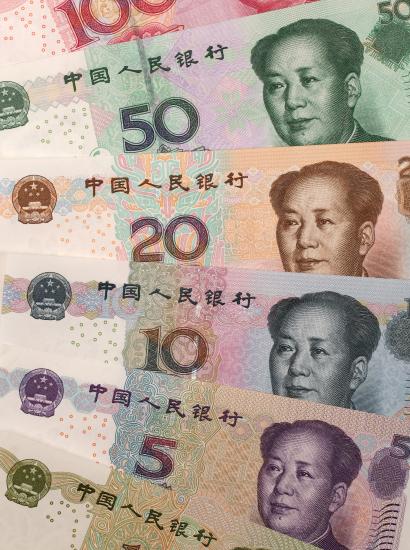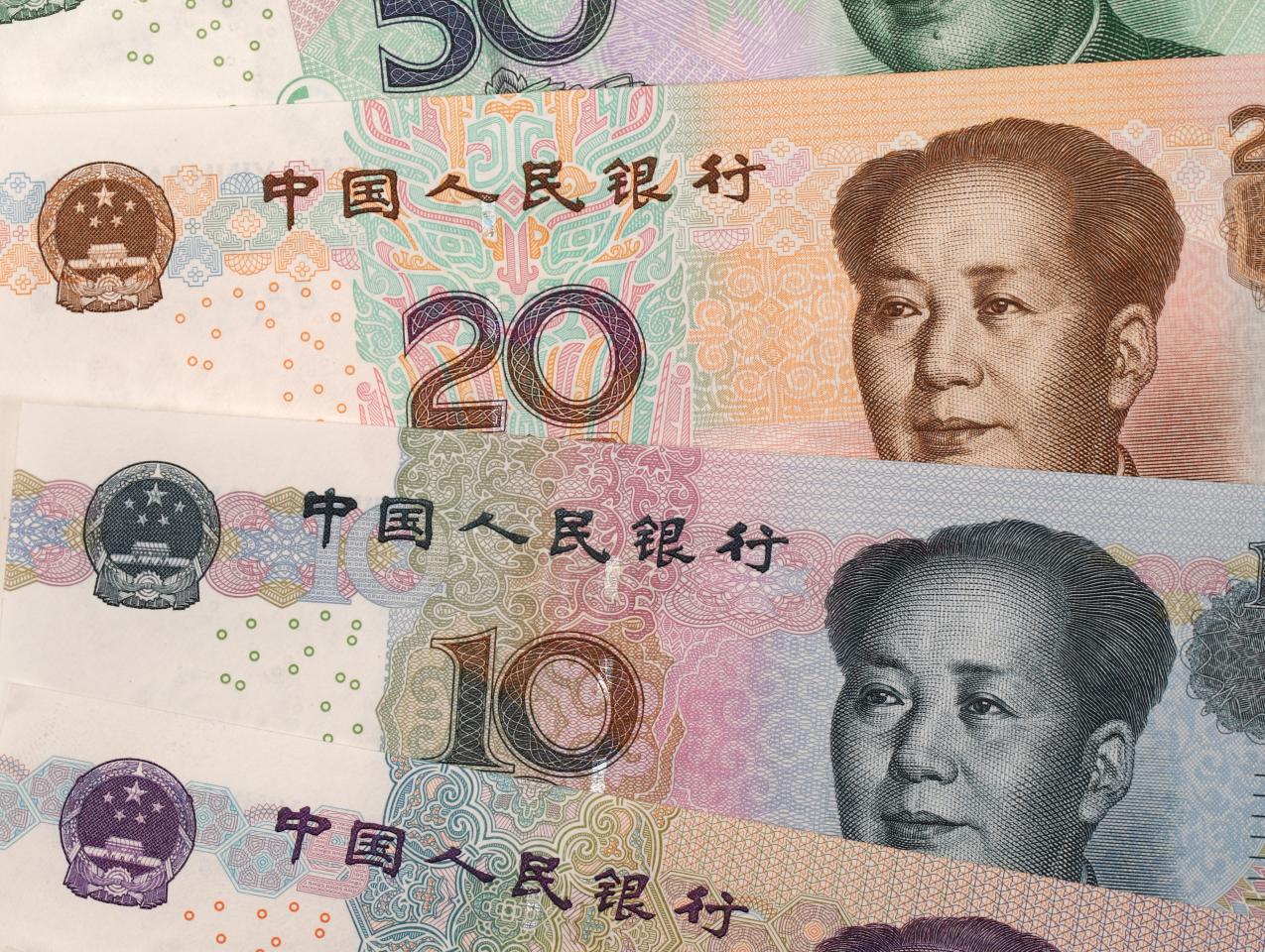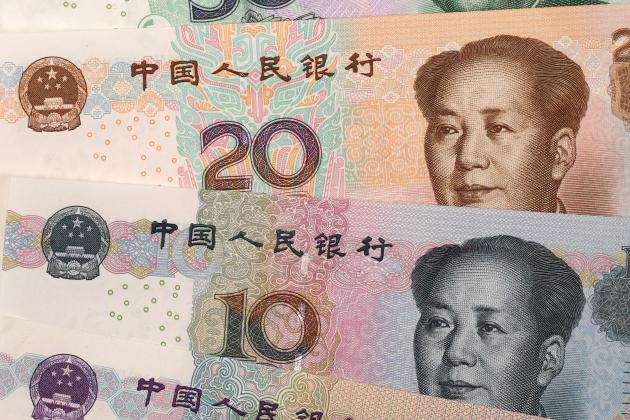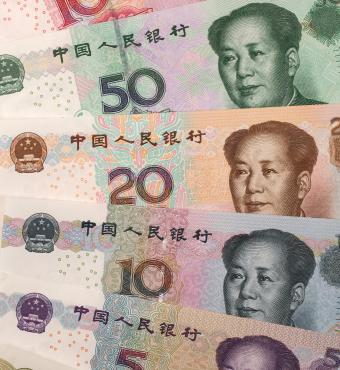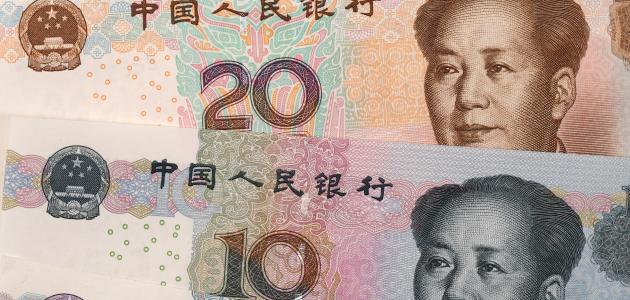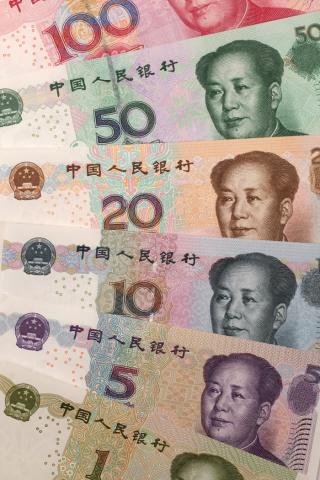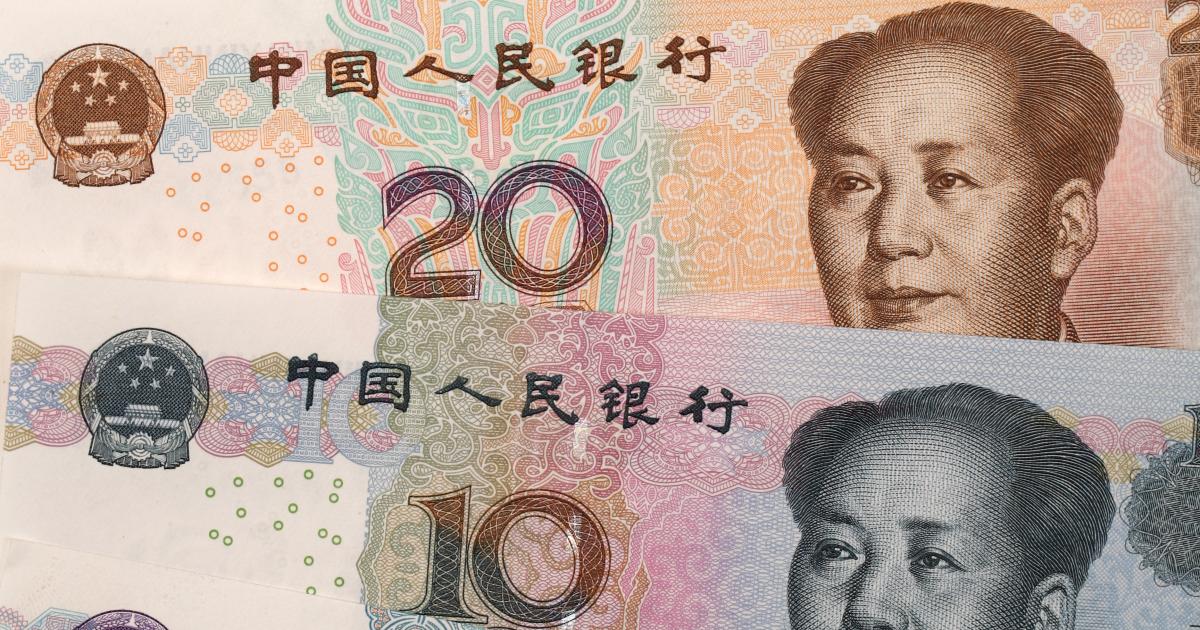This chapter examines the Chinese private paper money from the Qing into the early Republic. I argue that both state and civil institutions were crucial for the integrity of China’s paper notes. The state did not actively support paper notes, but nonetheless upheld a legal regime that honored the sanctity of contracts. For their part, business associations acted as gatekeepers, allowing only financially sound firms to issue notes. These privately issued notes thus circulated through the rural marketing system, stitching together neighboring agrarian and commercial economies far better than unwieldy copper coins.
ABOUT THE SPEAKER
Matthew Lowenstein studies the economic history of modern China from the late imperial period to the early People’s Republic. His dissertation, which he is currently turning into a book, is a study of northern China’s indigenous financial system from the late Qing to the early Republican period (1820–1911). He received his PhD in history from the University of Chicago and an MBA from Columbia Business School. Lowenstein previously worked as a securities analyst in Beijing and New York covering the Chinese financial sector. His nonacademic works have appeared in the Diplomat and Foreign Policy.
ABOUT THE PROGRAM
This talk is part of the History Working Group Seminar Series. A central piece of the History Working Group is the seminar series, which is hosted in partnership with the Hoover Library & Archives. The seminar series was launched in the fall of 2019, and thus far has included six talks from Hoover research fellows, visiting scholars, and Stanford faculty. The seminars provide outside experts with an opportunity to present their research and receive feedback on their work. While the lunch seminars have grown in reputation, they have been purposefully kept small in order to ensure that the discussion retains a good seminar atmosphere.






